Association boards of directors are responsible for operating their communities consistent with the community’s governing documents (the Articles of Incorporation, Bylaws, and Declaration) and the various covenants, conditions, and restrictions therein. Some examples of typical Board duties include budgeting and maintaining a reserve account to fund needed capital improvement projects, selecting and contracting with vendors to perform maintenance and repairs on the common elements, conducting meetings, adopting rules and regulations regulating the use of the property to promote safety and habitability for all owners in the association, and enforcing the covenants and rules
Being a board member comes with responsibilities, and board actions (or inactions) pose potential risks of liability for their communities. Although boards may want to address and respond to every issue that comes up within the association, they better serve their communities by limiting their focus to the specific duties set forth in those governing documents. Boards that involve themselves in situations beyond the scope of their authority – even with the best of intentions – can end up doing more harm than good. Boards that exceed their authority may inadvertently expose themselves and their associations to potential liability and/or create unreasonable expectations among their homeowners. Sticking to the duties outlined in the governing documents and declining to get involved in situations that do not fall under those duties helps boards maintain more realistic homeowner expectations.
While boards have a duty to enforce their governing documents, they must enforce them fairly and evenly. Incessant violations, even if warranted, may feel like harassment if other owners in violation are not receiving the same treatment. This, in turn, could expose the associations to discrimination claims and/or civil lawsuits.
Board members often find themselves concerned about the wellbeing of their neighbors and may want to try to help them in a variety of situations. However, they should not involve themselves in matters that do not involve the operation of the property or the enforcement of the covenants or rules. For example, board members should not enter units themselves to perform “welfare checks” on other residents because this typically does not involve enforcement of covenants or rules. Instead, boards should direct concerned homeowners to contact the police, fire department, or other authorized governmental entity to perform those checks.
Similarly, boards should not involve themselves in interpersonal disputes between residents unless the subject matter of those disputes involves a violation of the community’s governing documents or rules and regulations. Neighbors can and should resolve disputes amongst themselves whenever possible. Boards should never “choose sides” in such disputes and should remain impartial. Instead of trying to “mediate” or “police” personal disputes, domestic disturbances, or alleged criminal conduct that does not implicate the community’s governing documents or rules and regulations, boards should instead direct homeowners to contact the police (for potentially criminal conduct) or private attorneys (for civil disputes).
Focusing on what the Board is required to do prevents a number of unnecessary consequences and liabilities for the association. Board members are volunteers and already perform an often-thankless task in maintaining their associations, there is no need to extend those obligations any further. Boards serve themselves and their communities best by fulfilling their obligations under the governing documents and concentrating their efforts on maintaining the association’s property.
If your Board has any questions regarding the scope of your obligations, please contact us. Our community association practice group has experience in every aspect of community association governance, and our attorneys can answer any question, big or small.
STAY UPDATED
Enter your email below to be included on our newsletter!
